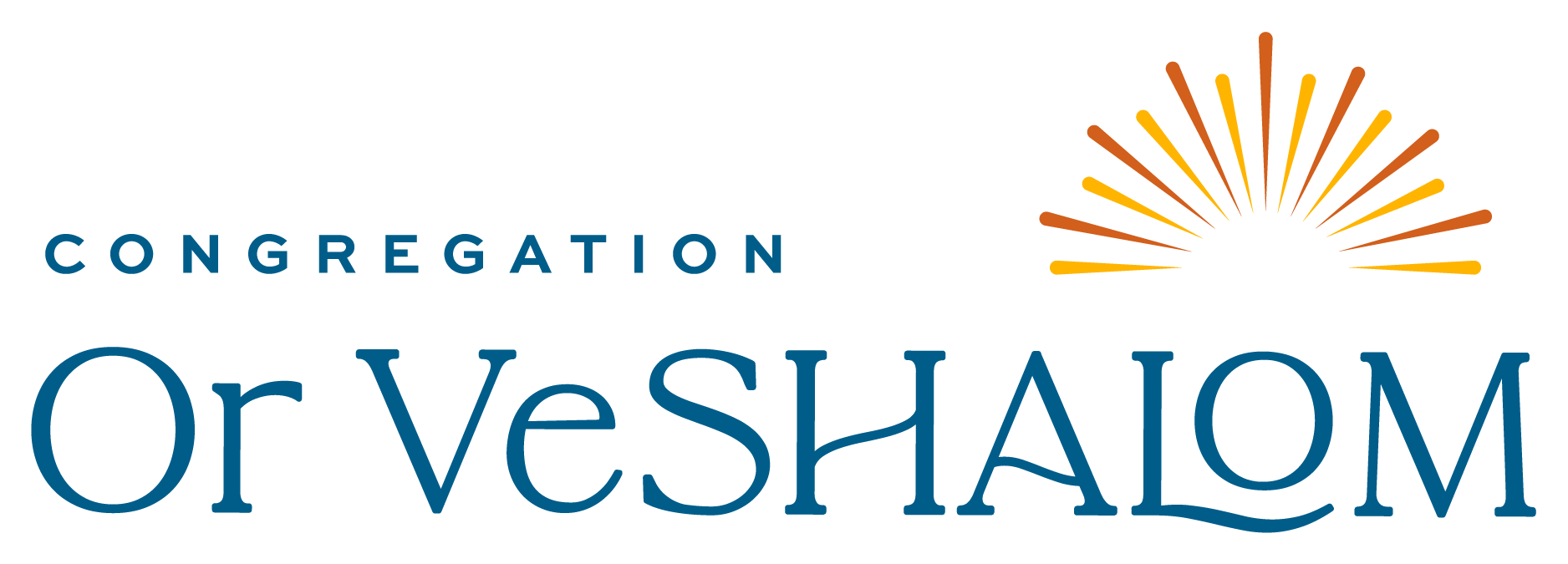Please take the time to read this entire article although it’s a bit too long.
I saw Schindler’s List for the first time at the Main Theatre in Royal Oak, MI with my mom and dad when I was 16 years old. I remember the horror, fear, grief and sadness. I remember all the feelings and the immense amount of confusion through it all. While Schindler’s List wasn’t a documentary, it was a true store filled with scenes simply too awful to have been written by imagination. I have no idea what my parents were thinking while they sat next to me during the movie. I have no idea what fears and dread they had, but I have a greater appreciation for them tonight. Ayelet and I just got home from a screening of the movie October 8, and as we sat together for the entirety of the movie, I felt hurt and sadness in the pit of my stomach. I felt dread for her and Galit. I felt pain I still cannot verbalize.
To raise a Jewish child is a gift. Carrie and I have been blessed with two incredible treasures in Ayelet and Galit. Seeing the Shabbat candles reflect in their eyes is a taste of heaven. Watching them dance to Israeli music is something that makes me feel all of the feels. To see them tell our story to each other is something that brings me so much pride. I could go on all day with all my feelings and it would never be the whole story. To raise a Jewish child is not only a gift, it’s also a responsibility. It’s our sacred bond to those who came before us and all those who will come after us. But that’s not the whole story. To raise a Jewish child is to be aware the pains we felt in our lives may very well be passed along to them. It’s to know the fears we had when we were their age may become their fears as well.
I visited Israel for the first time in April of 1996, right after bus bombings began to take over the news. It was right after the murder of Prime Minister Yitzhak Rabin. I remember the fear on that trip of what could happen. I remember seeing the memorials wherever we went. Sadly, the world is not so different today than it was then. I was in college when the second intifada began and I remember being called a murderer for believing in the right of, and need for, a Jewish State.
Things have not changed. The world we hoped to build has not been realized yet. I grieve that Ayelet, and one day Galit, will walk their college campuses and question their Hebrew clothing or their Jewish jewelry. I mourn that they’ll wonder if they should or shouldn’t go to Shabbat dinners and services on their campus because of the fear of being marginalized, or worse, in fear of their safety. Just as Israeli parents have believed for generations that they fought so their kids would never have to, we American Jewish parents stood up for ourselves and built institutions so our kids would have it easier and yet they don’t, and may not in the future.
What’s happening in the world today can never be normalized. It cannot be okay that people stand for the murderers and not the murdered. They stand for the rapists and not the raped. They stand for terrorists and not the terrorized. October 8 was a date on which we, as a Jewish people, together with Israelis, were grieving and filled with fear. It was a day when the murderers were still being found within the borders of the State of Israel. The IDF hadn’t even begun military action to go after the perpetrators, and yet across our country and the world, the demonstrations had already begun. Demonstrations on behalf of the Palestinians and against the evil Israelis and Jews. We hadn’t even responded and yet our friends and neighbors were chanting in the streets for a global intifada and the death of those like us. In truth, the demonstrations weren’t about the defense of Palestinians, they were about hatred of Jews.
For those who haven’t seen the movie yet, please go and see it and be prepared to be horrified and angered. Be prepared to be saddened and to be hopeless. Then prepare to roll up your sleeves and lean into our work: We have a sacred task to be a sacred community of people who love life and never glorify violence or murder. We read ויקהל/VaYakhel this week and the name says it all, we are to be assembled. We are to be assembled, not in violence or hatred, but in love and spirituality. They will hate us, but eventually their fire will be snuffed out because darkness can never survive when light is shining it out of existence.
Ayelet and Galit, I’m sorry you have to deal with the world my generation, and the generations before mine, have left you. I’m sincerely sorry this world isn’t better than the one I was given. I can tell you I’m here, along with our Keilah, to hold you and help you and guide you. We’re here with you and your generation as we continue this beautiful gift of our Jewish peoplehood and faith.

